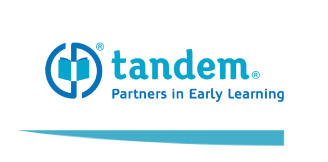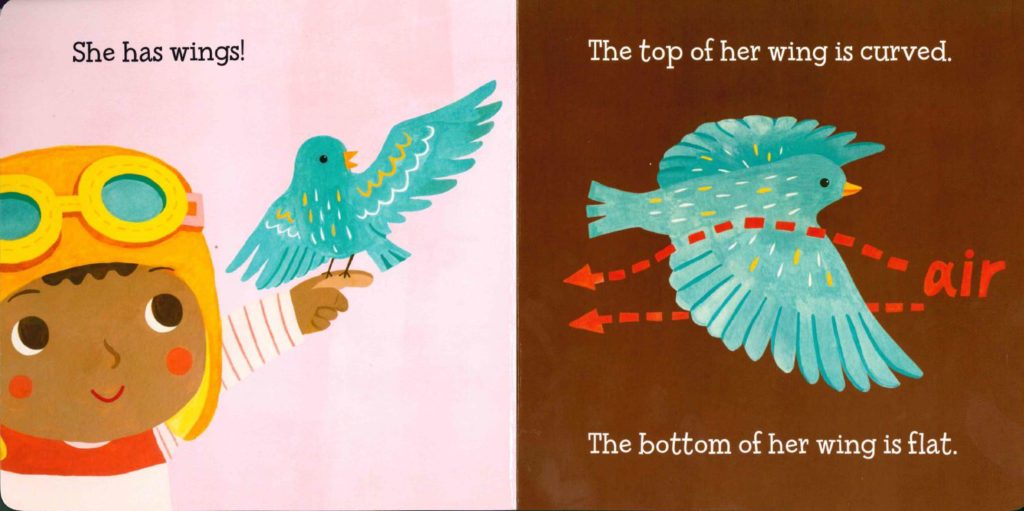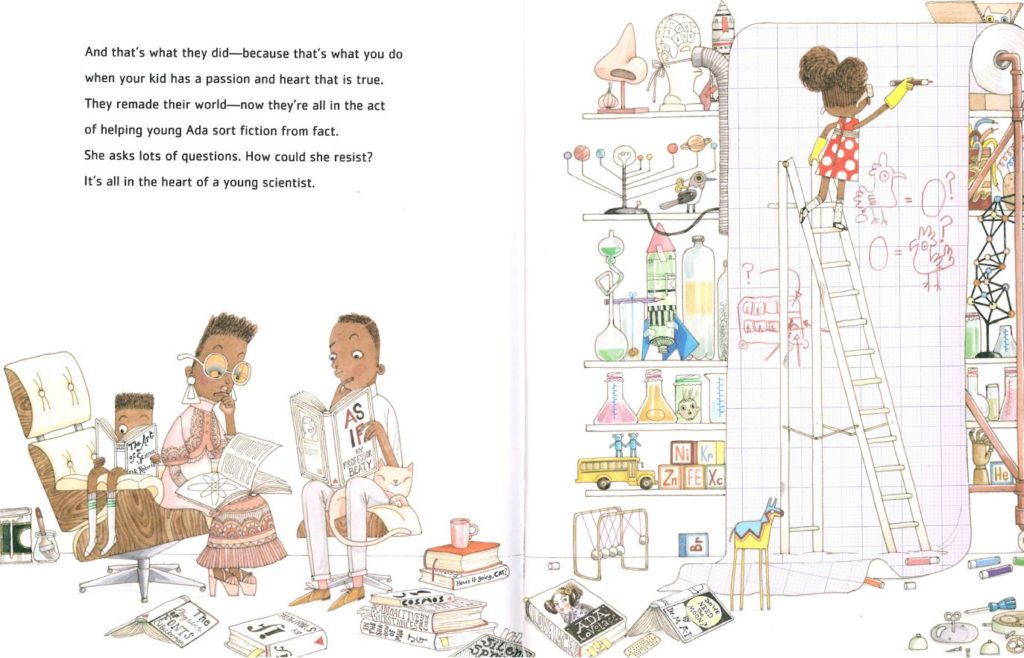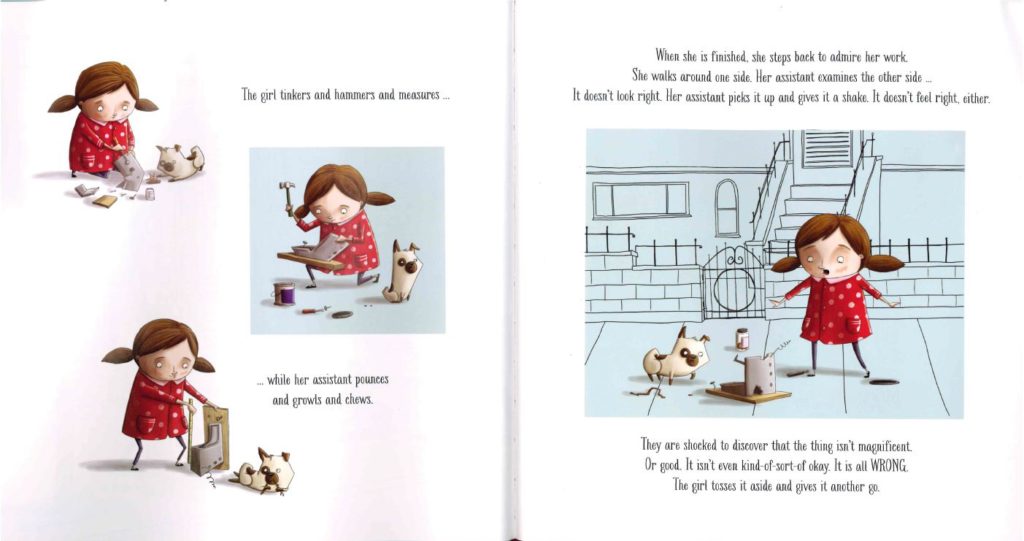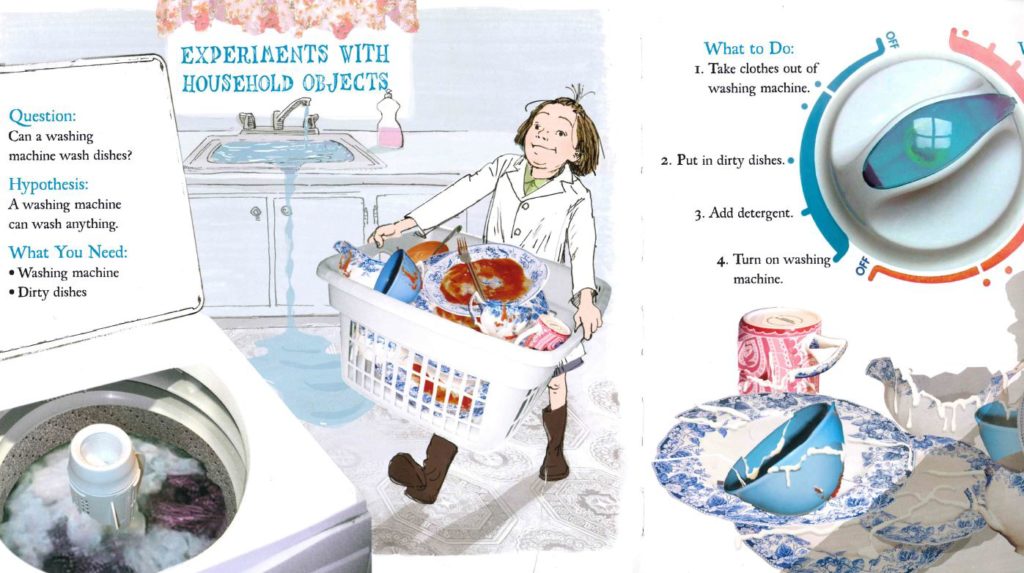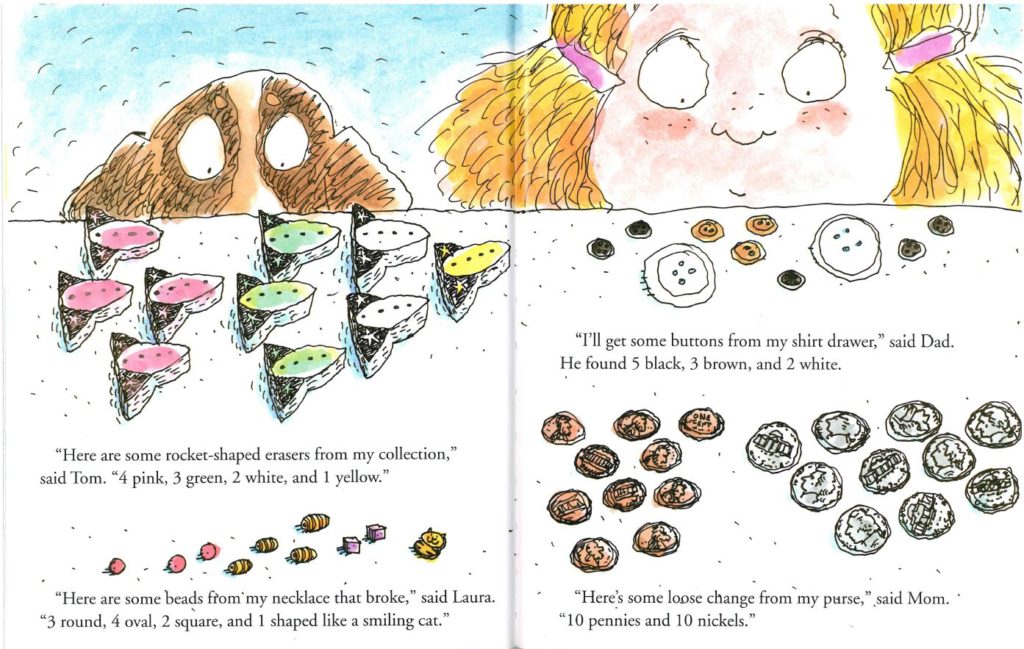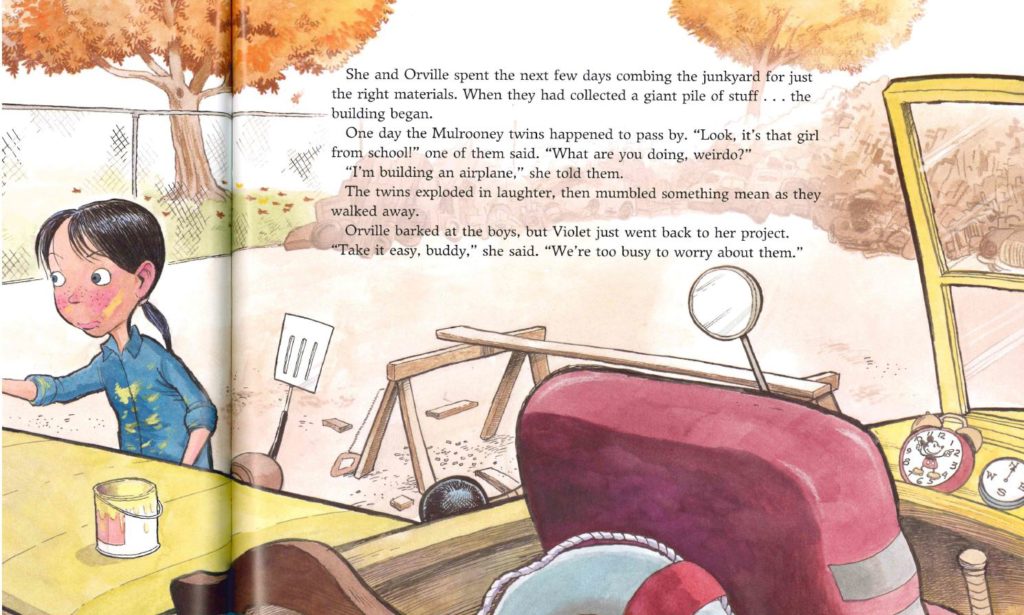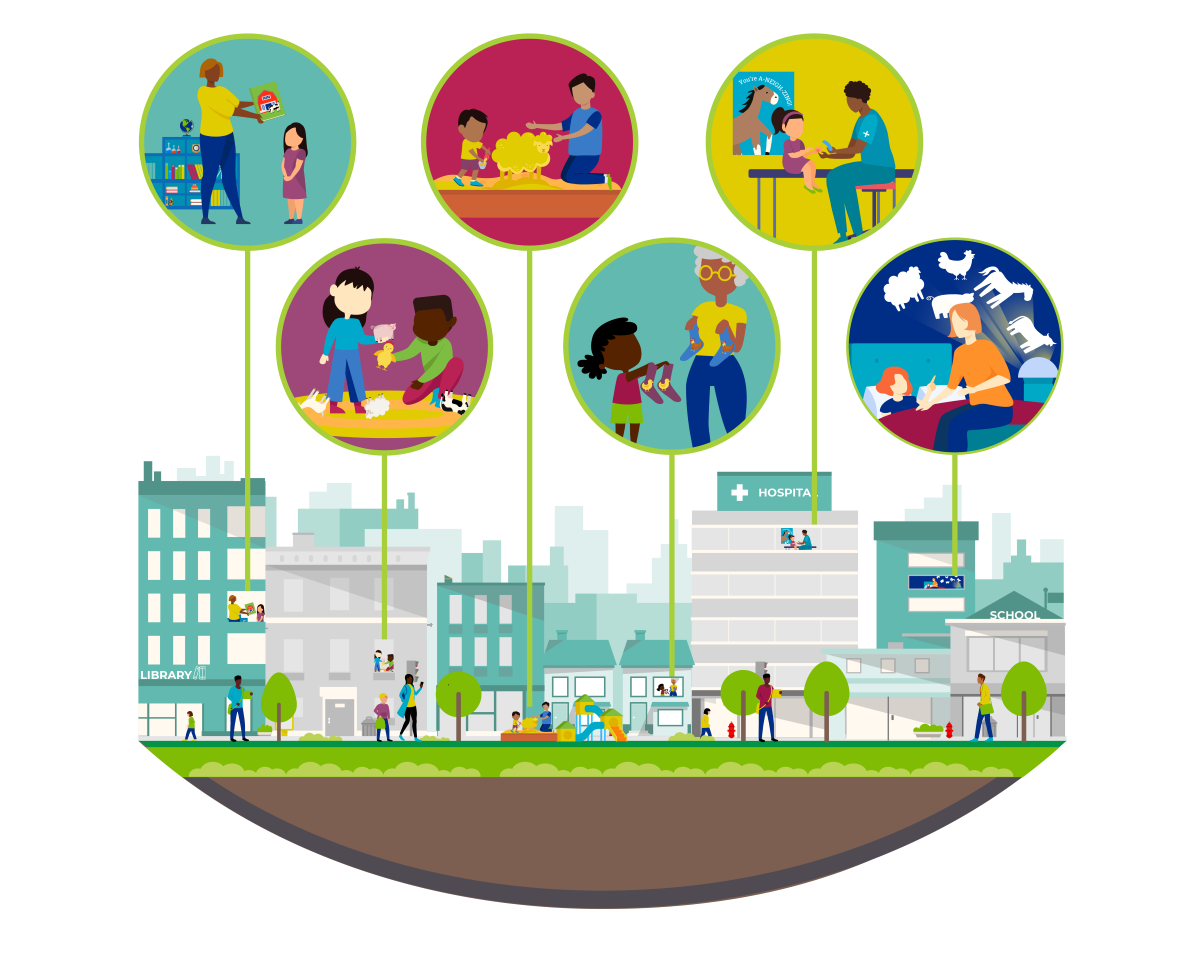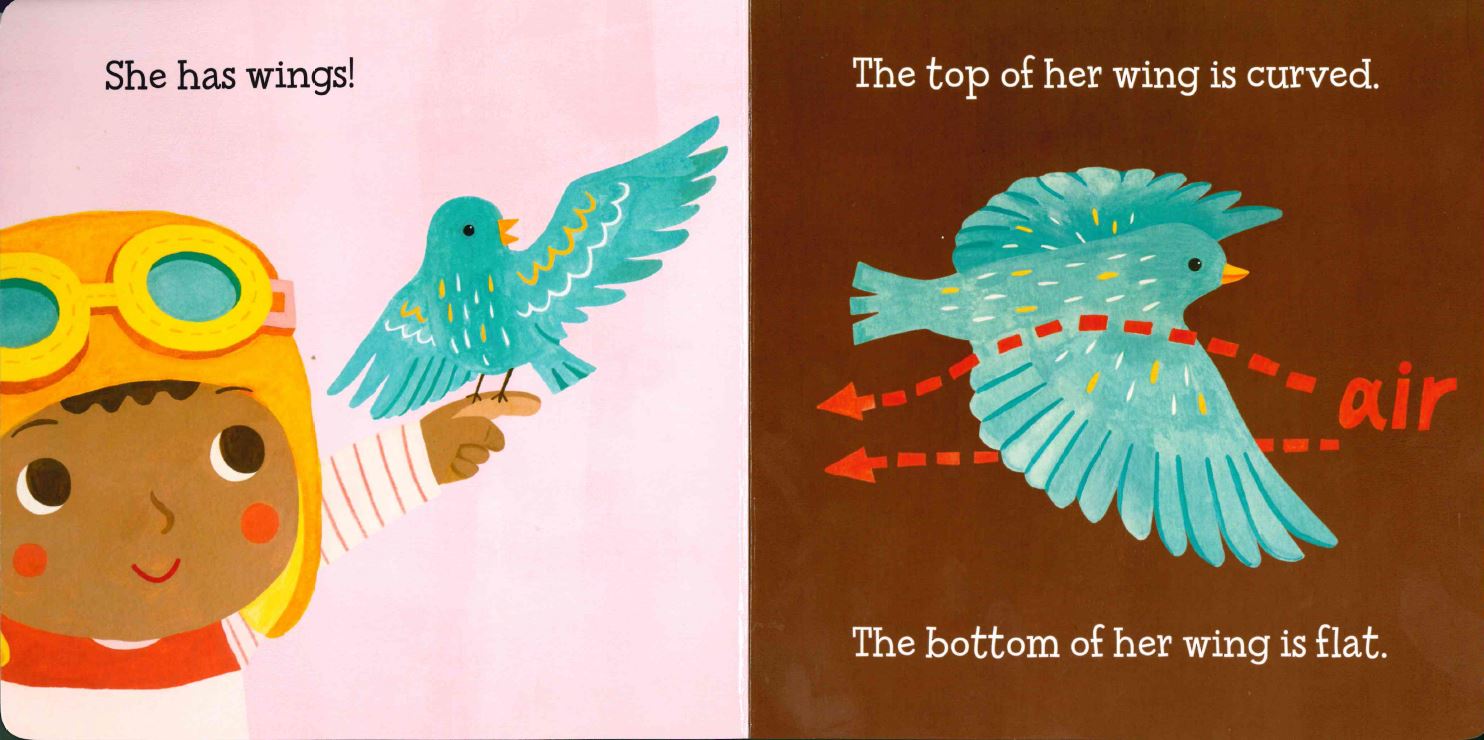
Let’s Hear It for the Girls: Great Titles for Exploring Science, Engineering, and Math
Why STEM for young children?
Science, Technology, Engineering, and Math are not about memorizing facts and formulas. Exposure to STEM for young kids is about encouraging curiosity, fostering creativity, and developing habits of mind (ways of thinking about the world) that will turn them into the kinds of problem-solvers, innovators, and inventors our future depends on.
When I was in preschool I didn’t know anyone with a computer at home. Now almost everyone I know has a computer in their pocket. We have no idea what kinds of technology will be all around us in 20 or 30 years when our babies are grownups, because THEY are the ones who will invent it.
Why STEM for girls?
Quite simply, there are not enough women in this country pursuing careers in STEM. According to a 2011 report by the US Department of Commerce,
“The relatively few women who receive STEM degrees are concentrated in physical and life sciences, in contrast to men, who are concentrated primarily in engineering. Women who do receive STEM degrees are less likely to work in STEM jobs than their male counterparts.”
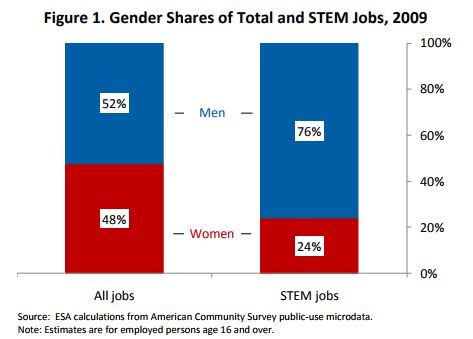
Source: http://www.esa.doc.gov/sites/default/files/womeninstemagaptoinnovation8311.pdf
Not only do STEM-related jobs pay higher on average than other jobs, but engineers, inventors and medical researchers are responsible for the decisions and technological advances that shape the world we live in. If we want our girls to grow up to have a seat at the table and a hand in the shaping of our world, we need to start paving the way when they are young. We must encourage them to wonder, to guess and test things out, and to get their clothes dirty as they explore the world around them and learn from their experiences.
Books about girls in STEM are an important tool in this process. Girls must be able to see themselves represented in literature as smart, capable and adventurous. They need to know that they can be great scientists, engineers and inventors. It is also vitally important that boys get used to seeing their female or non-binary peers in those roles.
Here are a few of my top picks for empowering kids of any gender to fall in love with STEM.
Infant/Toddler
Baby Loves Aerospace Engineering – Ruth Spiro and Irene Chan
This book shows us in bright, bold illustrations and very simple language how a bird, a plane, or a rocket ship is able to fly. The child at the center of the book is not clearly assigned a gender, but does not present as a boy, making them all the more relatable to any kid who has dreamed of taking to the sky.
I Know a Lot – Stephen Krensky and Sarah Gillingham
This rhyming book reminds children and grownups alike how valuable and fun it is to learn. When little ones learn to distinguish heavy and light, dark and bright, or cold and hot, they really do know a lot. They are building a foundational understanding of physical and natural sciences.
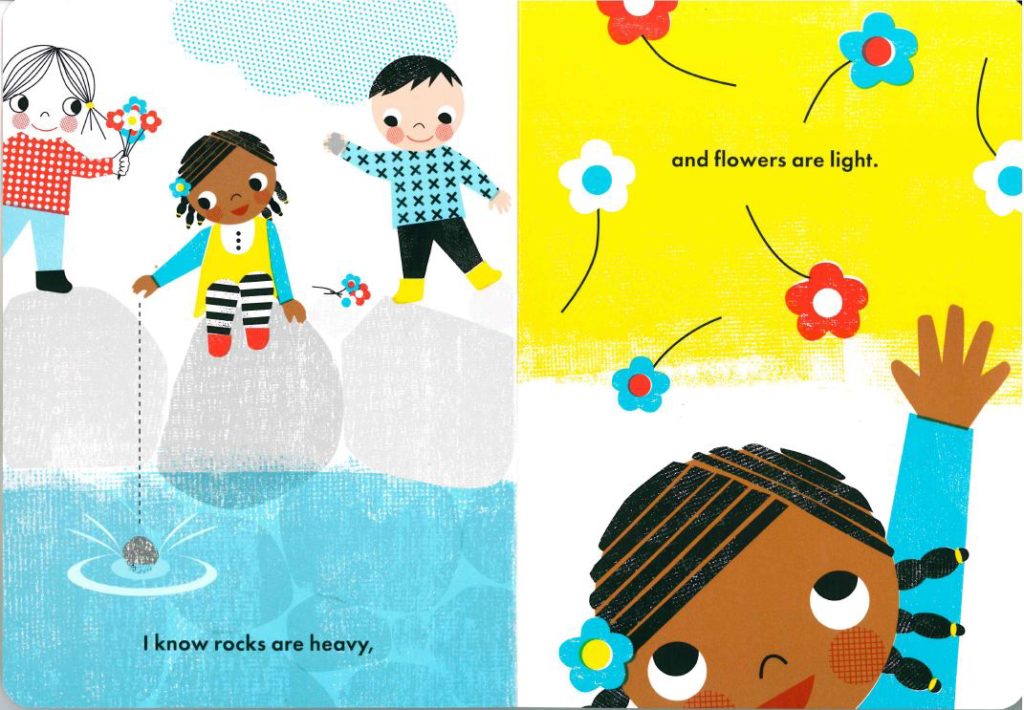
The durable cardboard pages and high contrast illustrations make these two titles great choices for babies and young toddlers.
Fix It / A Reparar
In this bilingual book, another protagonist with no obvious gender builds their budding skills as an engineer, figuring out (with the help of some grownups) how to fix a pile of broken toys. I first fell in love with the empowering illustrations, but the text also presents kids with great critical thinking questions, “We need two of each [board]. Do they match?”
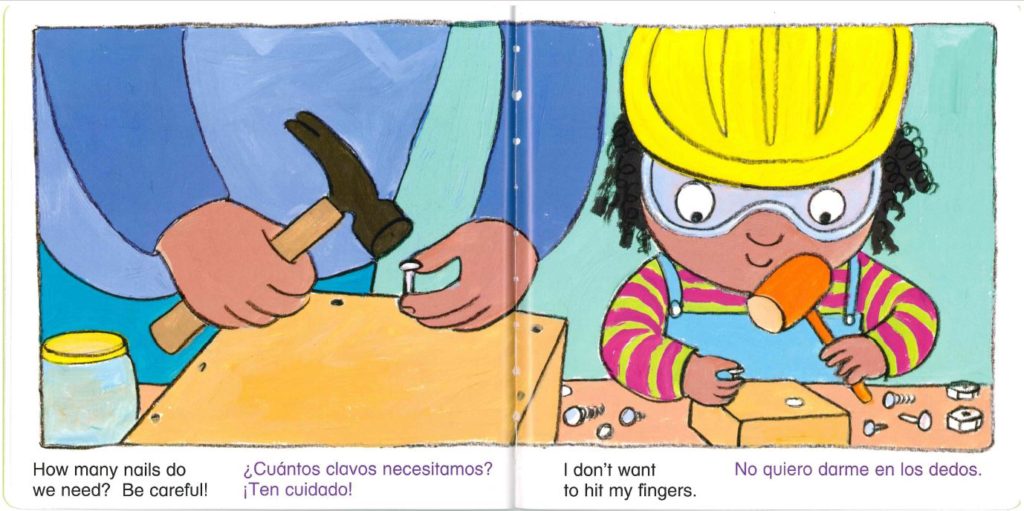
This one is a little heavier on text and has paper pages, making it a great choice for older toddlers and young PreK.
Preschool
The next few titles are great for 3-5 year olds. With these books we graduate from short, simple sentences to slightly longer narratives incorporating more advanced vocabulary and more cohesive stories.
Rosie Revere, Engineer and Ada Twist, Scientist – Andrea Beatty
Beatty has written three books about kids in STEM, but my favorites are her second and third. Not only do they happen to be about girls, but I really think they are better structured. The storylines follow a cleaner arc, the rhythms of the poetry are easier to follow, and the rhymes fall into place like puzzle pieces. I also love the way adults show up in these two titles as supportive mentors who teach their kids while also learning from them. Rosie the Riveter makes an appearance as the aunt of Rosie Revere, while Ada’s parents and brother get swept up in her quest for knowledge by her infectious curiosity.
The Most Magnificent Thing – Ashley Spires
This book is a great reminder for all of us about the value of perseverance. Not only does our protagonist discover how to build the Most Magnificent Thing, she learns a lot about how to handle setbacks and learn from her mistakes. With a little moral support from her trusty assistant and a lot of hard work she overcomes the frustration and self-doubt that can get in the way of the creative process and keep us from our own magnificence.
11 Experiments that Failed – Jenny Offill and Nancy Carpenter
With vivid, mixed-media illustration and clever text, this book takes us on the journey of a young girl who uses the scientific method to find answers to a few pressing questions:
“What makes fungus grow?”
“What is the best way to speed up a boring car ride?”
“Is there a way to make stinky cheese smell better?”
Her hypotheses may not be correct (see title), but her results are both instructive and hilarious.
Kinder – First Grade
These longer stories with heavier text are great for kids in early elementary as they develop their attention spans and critical thinking skills. Young readers can help the protagonists solve problems and make informed predictions about what will happen next.
100th Day Worries – Margery Cuyler and Arthur Howard
“Jessica was a worrier. She worried about everything.” In this touching story Jessica’s family comes together to help her with a math project for school, but it is Jessica’s own ingenuity that gets her from 90 to 100.
Violet the Pilot – Steve Breen
Not only does it encourage innovation and persistence, it dares young children to ask deeper questions. What if other kids think I’m weird? How can I use my talents to help someone else? What does it really mean to ‘win’?

Kelsey Gottschalk
Kelsey Gottschalk is Tandem’s Program Supervisor in San Francisco. She is a lover of language(s) and a singer/dancer/actress from way back who loves to get lost in a good puzzle, book, movie, play, or city.
